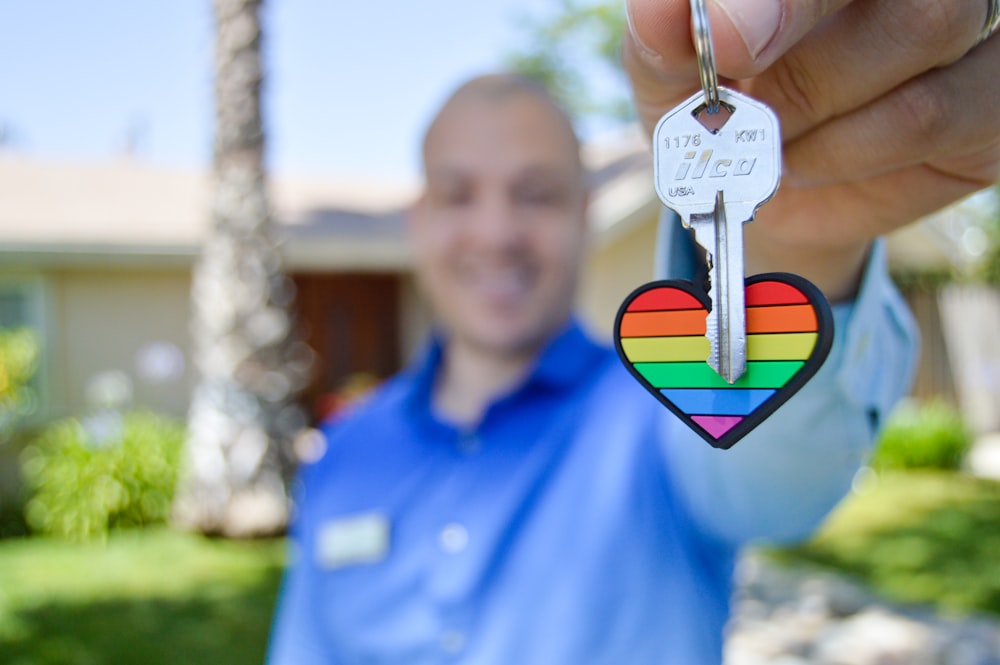Are you interested in real estate? Are you looking for a career path with great flexibility and advancement opportunities that will allow you to contribute to the betterment of a larger community?
If this sounds like you, community association managers (CAMs) and property managers, especially during COVID-19, are great roles to consider. While both play a key role in the maintenance and management of properties, there are some key differences between the two positions, their responsibilities, and how to break into each role. Here are some of the key differences to note when examining the functions served by community association managers and property managers, and ultimately deciding which position is best for you.
If you’re not familiar with what a community association manager is or does, you’re not alone. However, the first step in determining if it could be a reasonable career path for you is to examine what the role looks like.
What are the Jobs?
A community association manager is responsible for maintaining property records, budgets, and community spaces, whether this encapsulates an association of dozens of homes or simply one condominium complex.
This individual acts as the liaison to the association’s board of directors, supervising all aspects of community upkeep, including the pool, landscaping and the maintenance of community gardens, cleanliness and safety of gyms. Additionally, these managers will conduct site inspections and negotiate rates with contractors who have been hired to complete repairs on the property.
A property manager, on the other hand, is responsible for the daily operations of individual units, including the collection of payments. They deal directly with tenants, responding to their inquiries and concerns, and acting as the liaison between these individual renters and the homeowners association (HOA).
The HOA is the board developed to create and enforce the rules that all property owners must abide by. There are generally two cases in which a community will have both property managers and a homeowners association. In the first and most common case, the property manager will work directly for the HOA. In the second case, property owners may own some of the houses or condos in the community. In this case, the property owners and their managers both act as property owners with the same status as other owners.
When a tenant moves out, it is also the responsibility of the property manager to inspect the unit to assess if there is any damage and to schedule tours of the property for potential new tenants. Given the current COVID-19 crisis, many property managers have been forced to embrace property management software programs to offer virtual tours.
Getting a License
In order to become a community association manager, an individual must have at least a high school diploma; a bachelor’s or master’s degree is considered an asset. However, there are alternate certifications you can consider if you’re thinking of pursuing this as a career path.
For instance, you can get your CAM license, which will provide you with the necessary qualifications to effectively manage a community association of more than 10 units and/or with an annual budget exceeding $100,000. You’ll be required to complete 16 hours of online or classroom learning before completing a state examination.
Property Management Pros
If you’re considering becoming a property manager, there are a few key steps you’ll want to follow.
Firstly, do your research into the real estate legal requirements for your state, take some real estate courses to boost your knowledge and your resume, and potentially take some specialized certification courses. While a high school diploma may be enough for certain employers to hire you, holding a bachelor’s degree, a master’s degree, and/or specialized certifications/licenses will improve your employability and make you a more desirable candidate. Once you’ve boosted your resume and your professional abilities, you can start applying to jobs to kick start your career in this exciting and collaborative field.
Salary and Earnings
In terms of earnings, the average salary for a community association manager in the United States ranges between $44,768 and $56,849.
However, the more skills you boast in areas such as property management, budget management, and for property managers stands at roughly $99,347, though it can fall anywhere between $86,241 and $114,295.
What to Do?
No matter which profession you decide to pursue in the end, both have unique sets of responsibilities, challenges, and requirements. Similarly, both positions offer a refreshing break from the typical 9-5 office work set-up. In either role, you’ll have the opportunity to contribute to the overall efficiency and wellbeing of a community, which will ultimately provide you with a significant amount of professional and personal satisfaction.




